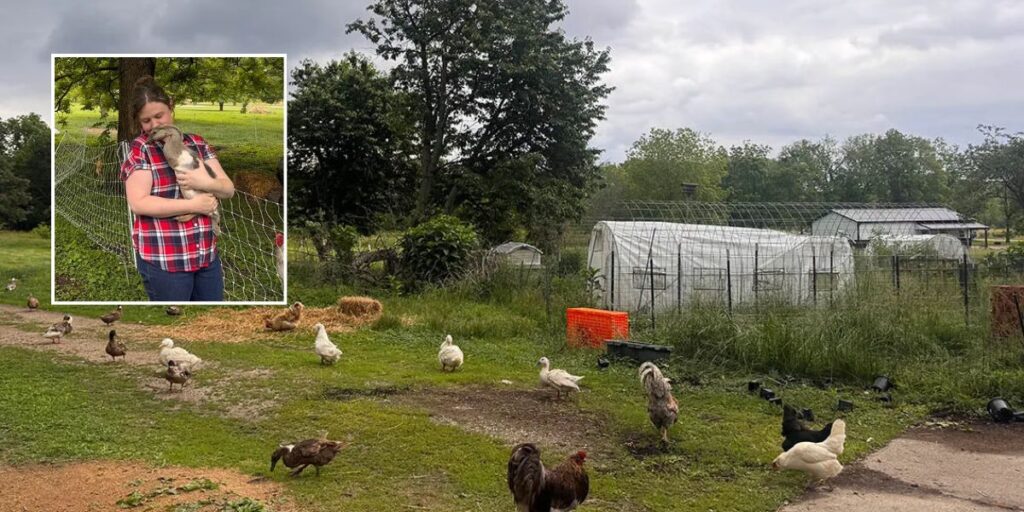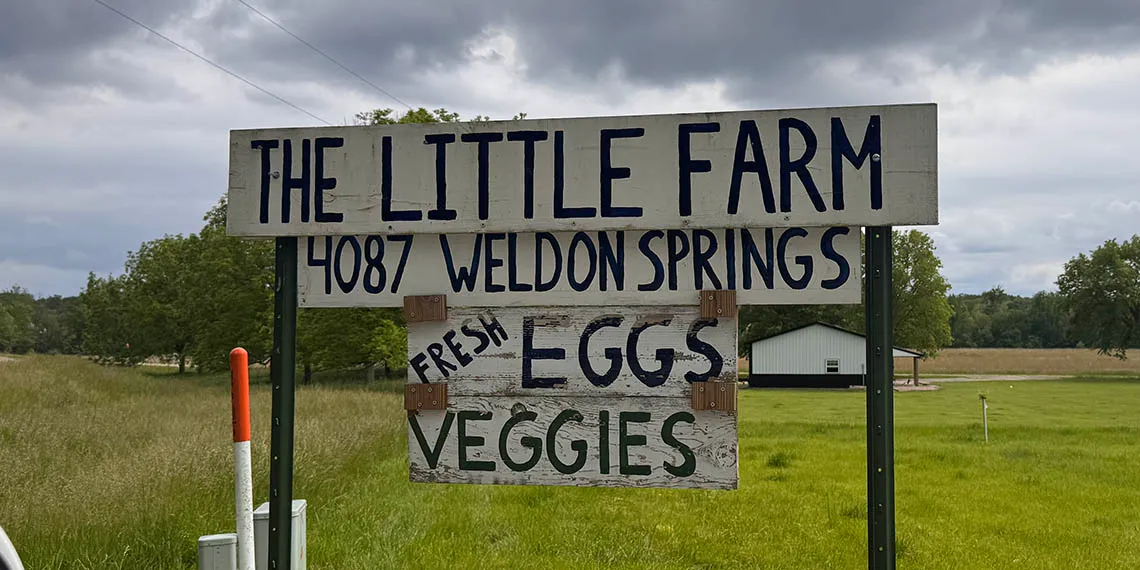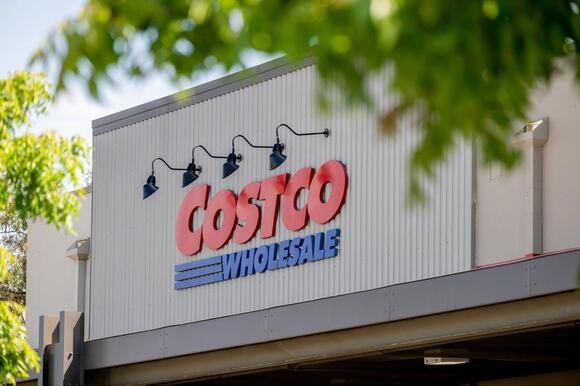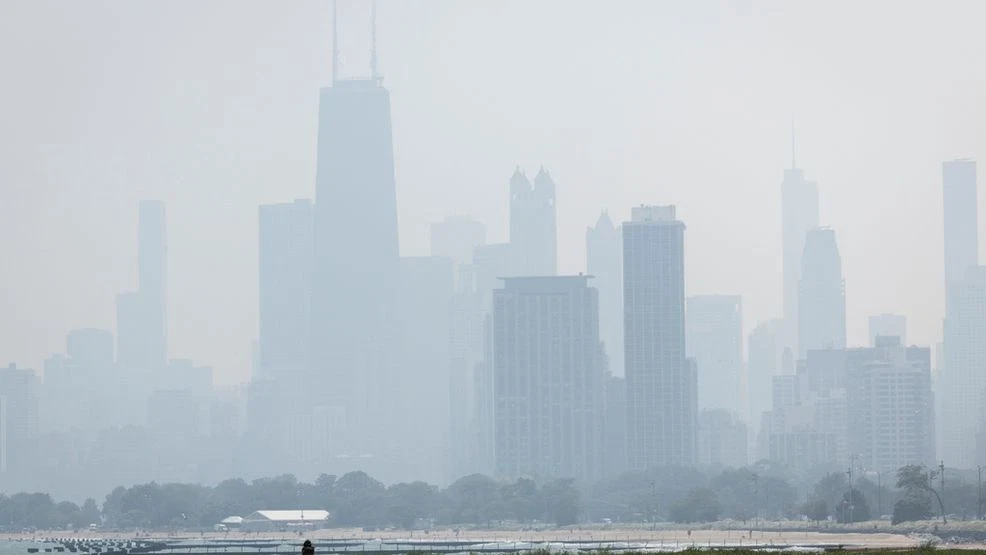SPRINGFIELD, Ill. — Small poultry farmers in Illinois could soon find it easier to bring their chickens to local markets and tables, thanks to a new legislative effort that’s on its way to the governor’s desk.
House Bill 2196 — commonly referred to as the “Chicken Bill” — seeks to remove long-standing restrictions that have prevented small-scale poultry producers from expanding their business. Under the updated measure, farmers who process fewer than 7,500 birds annually would now be exempt from state and federal inspections and would not be required to use USDA-approved facilities. That’s up from the previous threshold of 5,000 birds.
The change would significantly expand access to local poultry, allowing farmers to sell their processed chickens and ducks at farmers markets, roadside stands, and even deliver directly to consumers — a substantial shift from previous rules, which limited sales strictly to on-farm transactions.

Bill Earns Bipartisan Praise
State Sen. Sally Turner (R-Beason), a co-sponsor of the bill, said the legislation is a win for family farmers in rural districts like hers.
“This is important for our small farmers to be able to get their product to the community, and that’s what this is all about,” Turner said.
The bill passed unanimously in both chambers of the Illinois General Assembly — a rare show of bipartisan support.
Rep. Charlie Meier (R-Okawville), a farmer and bill supporter, emphasized the benefit of letting consumers meet the people behind their food.
“We always want to get the freshest product to the consumer. What’s better than meeting the farmer who raised those chickens?”
Public Health Concerns Result In Key Safeguards
Initially, the legislation drew pushback from some public health groups that wanted clearer labeling and more safety controls. In response, several protections were built into the final bill, including:
-
Mandated temperature controls for storage and transport
-
Poultry must be packaged in sealed, leak-proof containers
-
Each package must carry:
-
The farm’s name and address
-
Product name
-
Net weight
-
A clear disclaimer that the poultry was not inspected by federal/state authorities
-
Michael Desmedt, interim director of public health for DuPage County, said the public health community’s concerns were heard and addressed.
“Everything you see in that bill was done by some of the public health coalitions,” Desmedt noted.
A Big Boost For Local Farmers
Ed Dubrick of the Illinois Stewardship Alliance, a poultry farmer and policy organizer, said the bill addresses one of the biggest bottlenecks for small farmers — limited processing access.
“Expecting someone to come to the farm every time they want chicken just isn’t realistic,” Dubrick said.
Dubrick also noted that many other states have already expanded exemptions — some allowing up to 20,000 birds per year under similar rules.
“We’re only asking for 7,500.”
New Opportunities For Farms Like ‘The Little Farm’
Anna Morrell, co-owner of The Little Farm at Weldon Springs in Clinton, said the current law has made it expensive and difficult to scale up their business. Her farm began in 2020 and currently relies on USDA-inspected processors, which are few and far between in Illinois.
“This bill just opens up another avenue for getting poultry processed with lower overhead,” Morrell said.
“It also gives us access to farmers markets, which we haven’t been able to use.”
The legislation could save farmers hundreds of miles in transportation costs and allow them to expand production while maintaining food safety and freshness.
Producers, Lawmakers, And Health Departments Unite
Perhaps most notably, the Chicken Bill represents a rare collaborative success between Illinois producers, public health departments, and lawmakers.
“Let’s see if we can’t keep a few more farm families on the farm,” Rep. Meier said, “and give kids another chance at a future in agriculture.”
If signed into law by the governor, House Bill 2196 could mark a transformational shift in how Illinois farmers raise and distribute poultry — strengthening the local food ecosystem while ensuring safer, more transparent practices.
Have you ever bought poultry from a farmers market? What do you think about buying directly from local producers? Share your thoughts in the comments on ChicagoSuburbanFamily.com.















The big companies have been paying off pols for years now to reduce the numbers of inspectors to the point of they “are not necessary” to be there for inspection. Trust me, I know. 30 years an Inspector.
Thanks for sharing your insight — real-world experience like yours adds valuable context to the conversation around food safety and regulatory shifts.